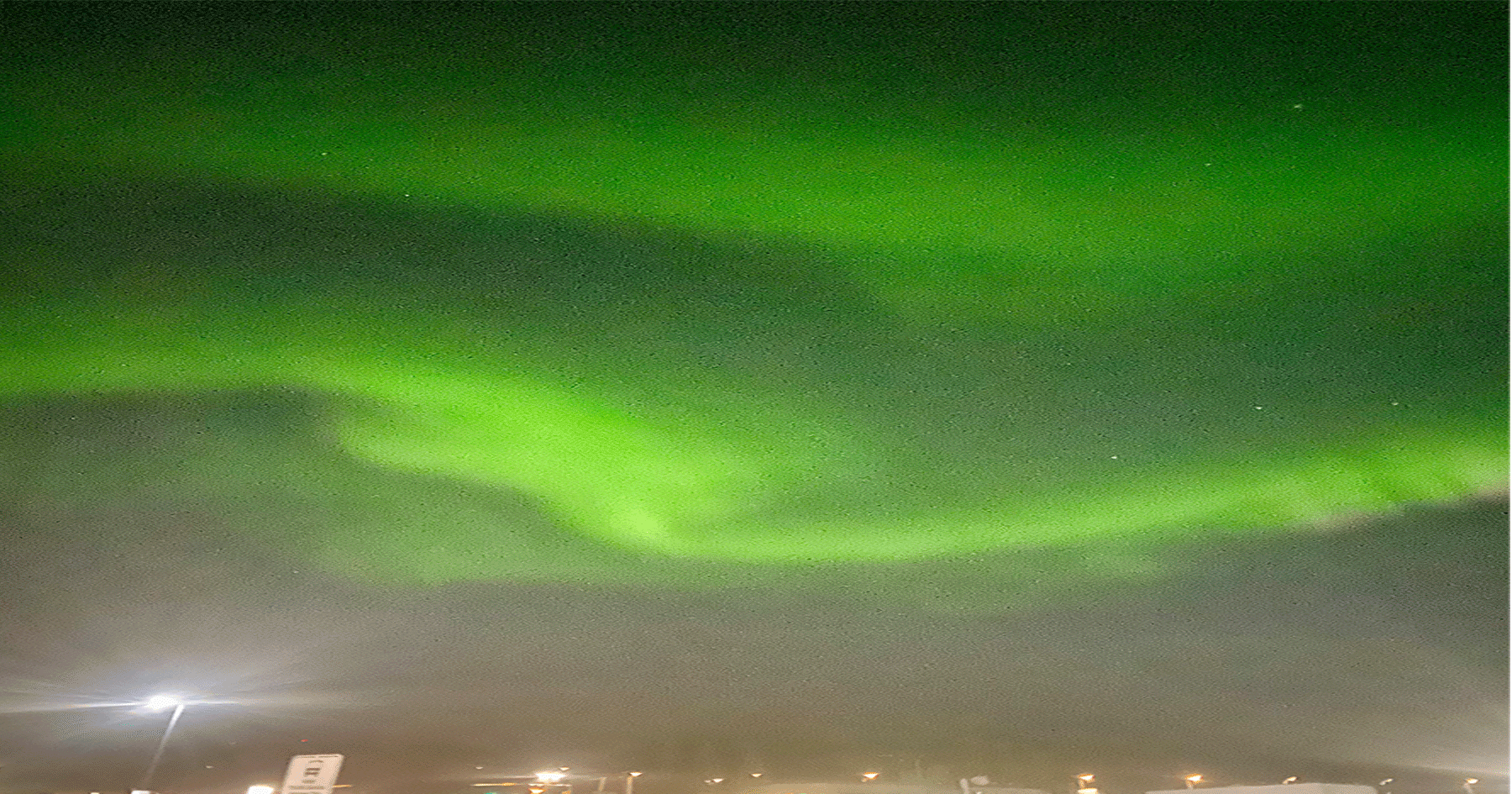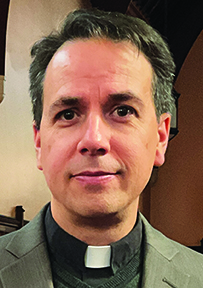I feel refreshed and renewed after my annual leave in Ontario, and now I’m in Whitehorse, amidst the raw beauty of the Yukon and its clear pure air. I was greeted on arrival by a stunning display of the Aurora Borealis; green curtains of swirling light which made me nostalgic for my childhood on Baffin Island.
A subject on my mind just now is air: that beautiful unifying element which everything needs to breathe in order to live. Are we paying attention to the unfolding catastrophe: air quality, global warming, extreme weather? We go about our business, caught up in a ‘bubble’ of our daily concerns, thinking mostly about ourselves and certainly quite disconnected from the lives of other cultures. Are we trapped, like the proverbial frog, in the pot of water that is gradually coming to a boil, oblivious to our fate?
I spent part of my summer in the Kootenays, part in the Ottawa Valley, and now I am in the Yukon. The air in the west was smoky, the air in the east smelled fragrantly of sun-dried grass, and now the air up north is pure and clean. Travelling between these three places in short order, I could readily pick up their distinguishing qualities. Not all air is the same, even though our atmosphere is one seamless entity.
Why do we become oblivious or take for granted the features of a place we inhabit — and I don’t mean just the air quality? Coming into a new environment as an outsider I notice differences in people’s attitudes and values. Some cultures place great meaning and importance on certain things, while others have different priorities for what they consider most valuable. Consider water in our context: most (not all) Canadians have unlimited access to fresh, clean water, but not to precious metals. Others in more arid regions of our planet may have access to multiple precious metals, yet not have adequate safe drinking water. What we value is based in some ways on our accessibility to the resource. For me there is no doubt that Canadians on the whole take water for granted. The nuances of what we have at our disposal help to display the diversity of the global human family.
Let me personalize this, speaking as the frog in the rapidly-warming pot here in Nelson: I don’t consciously value the forests and mountains because they are the backdrop to my life and I see them every day. Wildfire smoke has become a commonplace feature of summers and I’ve gotten used to it. I dissociate from the horrific world news (starvation in Gaza, gun violence, Russian drone strikes in Ukraine) because they feel remote from the concerns I perceive in my tiny corner of the world. What does that say about me?
Our lives and outlook are shaped by geography, national identity, socio-economic factors, and by our roles and professional functions in the places we inhabit. It’s tempting to shut out everything else, especially the extraneous agony, trauma and injustice happening around the world. Perhaps we become numbed to it or so overwhelmed that shutting it out is a form of self-preservation.
We share the air we breathe with every living entity: all of humanity, friend and foe, neighbour and stranger; every animal and plant. We are utterly dependent on the good health of this beautiful world in which we live our lives. Surely the only solution for us all is to honour nature and seek to bring dignity within society, so that justice and peace will eventually prevail.
Breathe in and out. Live this day consciously, not on automatic pilot. In our breathing and living, remember that we share this beautiful planet with everyone and everything that is alive right now. Notice those things you tend to take for granted. See them with open appreciative eyes. Step up to offer compassion and care where it is needed in your community, so that pain, trauma, numbness and apathy may dissipate, revealing to us the work we need to do to bring justice, love and dignity to all.


